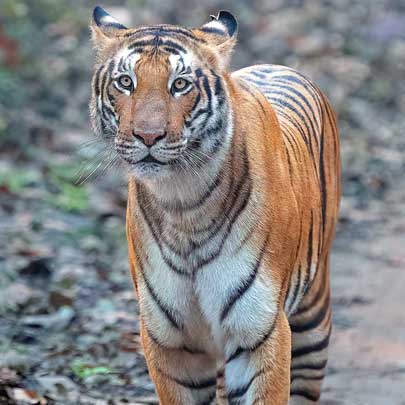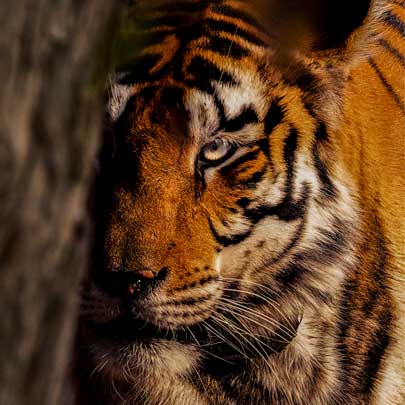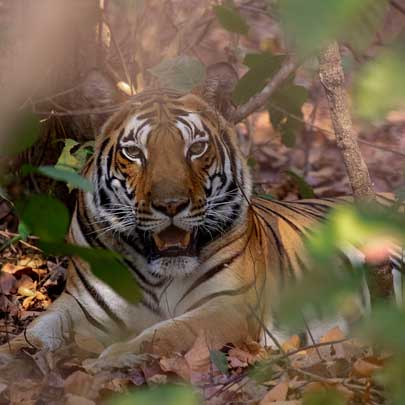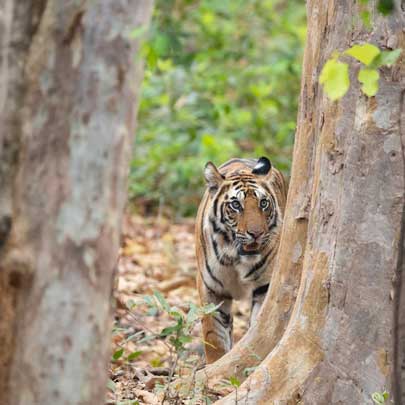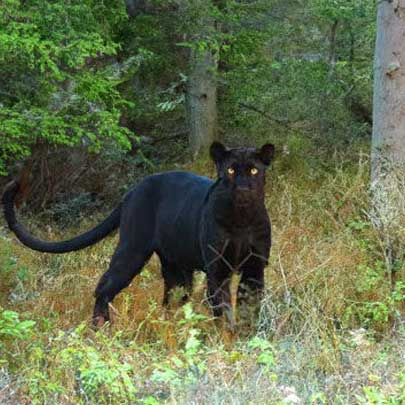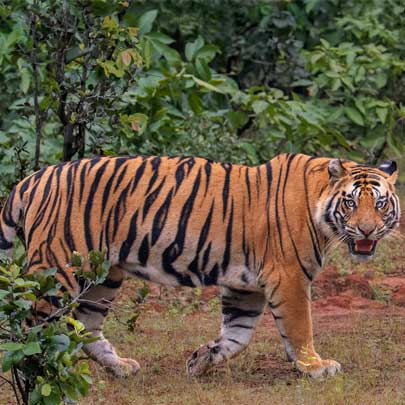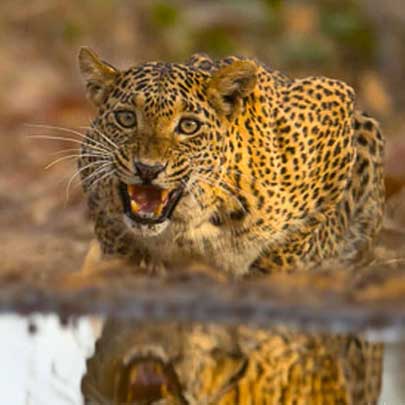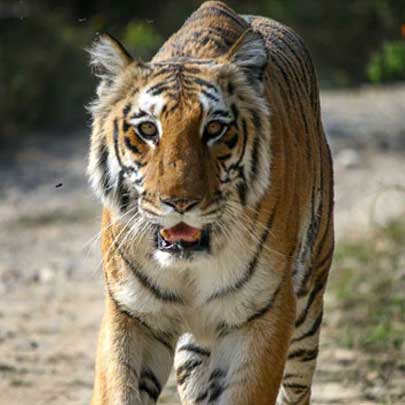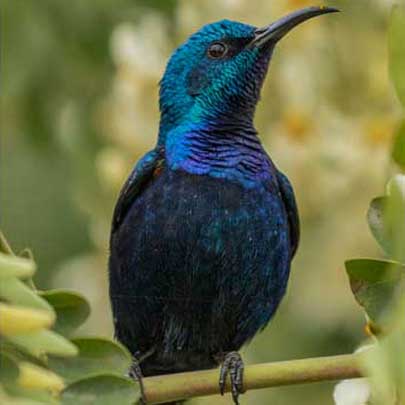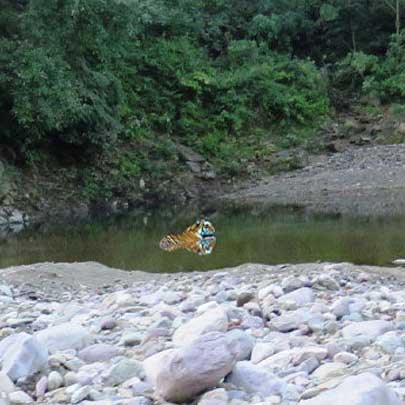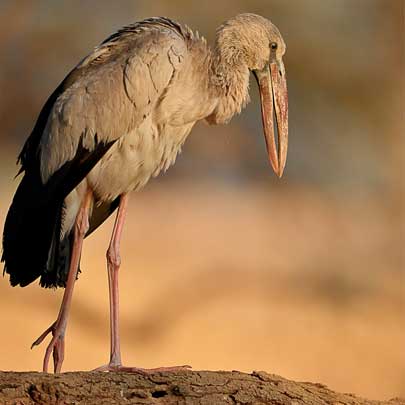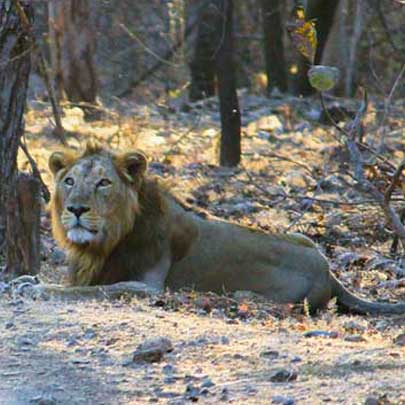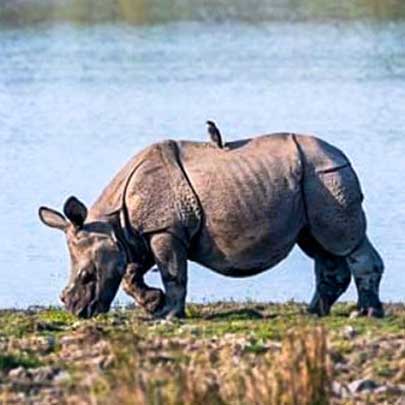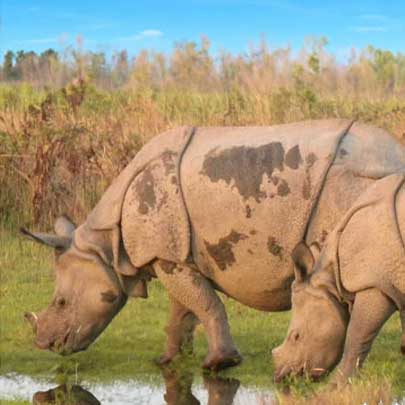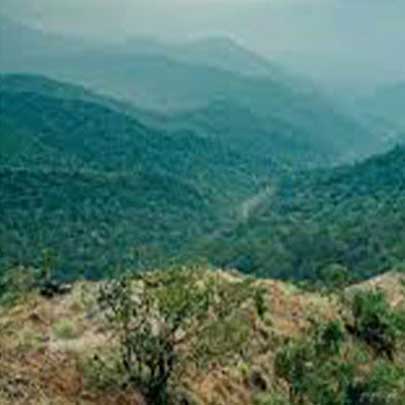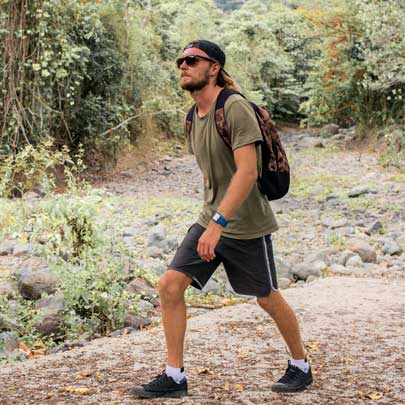Responsible Tourism In Panna: Preserving Nature's Wonders
Panna Tiger Reserve, situated in the state of Madhya Pradesh, India, is a thriving ecosystem known for its diverse wildlife and stunning landscapes. As tourism plays a crucial role in the conservation of such natural wonders, responsible tourism practices are imperative to ensure the preservation of Panna's unique biodiversity. Here's a guide to responsible tourism in Panna:
**1. Respect Wildlife Ethics:
- Maintain Safe Distances: While observing wildlife, ensure that you maintain a safe and respectful distance to avoid disturbing the animals. Use binoculars and telephoto lenses for close-up views.
**2. Follow Park Guidelines:
- Adhere to Regulations: Familiarize yourself with the rules and regulations set by the park authorities. These guidelines are in place to protect both visitors and the wildlife.
**3. Use Authorized Vehicles:
- Stick to Designated Routes: When on safari, use only authorized vehicles and stick to designated routes. Off-roading can harm the delicate ecosystem and disturb wildlife habitats.
**4. Stay in Eco-Friendly Accommodations:
- Choose Sustainable Lodgings: Opt for eco-friendly accommodations that follow sustainable practices. These establishments often minimize their environmental impact and contribute to local conservation efforts.
**5. Educate Yourself:
- Learn About the Ecosystem: Before your visit, educate yourself about the flora, fauna, and ecosystems of Panna. This knowledge enhances your appreciation and understanding of the environment.
**6. Support Local Communities:
- Buy Local: Purchase locally-made handicrafts and products to support the livelihoods of nearby communities. This contributes to the local economy and encourages sustainable tourism.
**7. Reduce Plastic Usage:
- Carry Reusable Items: Minimize plastic waste by carrying reusable water bottles and bags. Dispose of any waste properly, following the "leave no trace" principle.
**8. Conserve Water and Energy:
- Practice Water Conservation: Conserve water resources by using water judiciously. Similarly, be mindful of energy consumption and switch off lights and electronics when not in use.
**9. Responsible Photography:
- Avoid Flash Photography: Refrain from using flash when photographing wildlife, as it can disturb animals. Follow ethical photography practices and prioritize the welfare of the subjects.
**10. Participate in Conservation Activities: - Join Local Initiatives: If there are community-led conservation activities or awareness programs, consider participating. Engaging with local initiatives helps contribute directly to conservation efforts.
**11. Stay on Marked Trails: - Respect Trail Markings: Stick to marked trails during nature walks or treks. Straying off the designated paths can lead to habitat disruption and soil erosion.
**12. Report Violations: - Be a Responsible Observer: If you witness any violations of park rules or unethical behavior, report it to the authorities. Your vigilance contributes to maintaining the integrity of the reserve.
**13. Promote Responsible Tourism: - Spread Awareness: Share your commitment to responsible tourism with fellow travelers. Encourage others to follow sustainable practices, fostering a collective effort towards conservation.
**14. Leave No Trace: - Pack Out What You Pack In: Ensure that you leave no litter behind. Pack out all waste, including biodegradable items. Leaving a pristine environment ensures its continued beauty for future generations.
By embracing responsible tourism practices in Panna, visitors can actively contribute to the preservation of this remarkable natural habitat. The delicate balance of the ecosystem depends on the responsible actions of those who appreciate and explore its wonders.


























